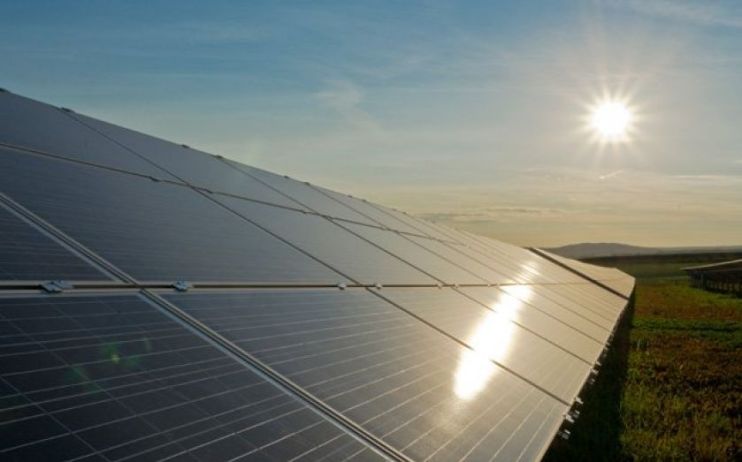Why Europe’s heatwave has not led to a solar power boom

Europe’s current heatwave will not lead to a boost in solar power production, because extreme temperatures “decrease” their efficiency.
Generation levels were within expectations last week despite temperatures rising above 40 degrees Celsius in southern Europe.
And, they are likely to be only slightly above average this week, Francisco Machado Gaspar, senior power research analyst at the London Stock Exchange group predicted.
He told City A.M. the expected power generation from the current stock of solar panels in Italy is 3.9 gigagawatt hours, yet generation is not expected to surpass four gigawatts in the coming days, even when temperatures could climb as high as 45 degrees.
“This is because solar generation tends to decrease slightly at high temperatures due to loss of solar panel efficiency,” Gaspar said.
While solar panels still generate consistently in hot temperatures, the photovoltaic panels convert a slightly lower proportion of sunlight into electricity.
Extreme heat can also put strain on components of the electricity system such as transmission cables and transformers that feed into the energy network that supports solar panels and many other sources of generation.
The energy expert added that despite these challenges, solar generation is well above last year’s levels due to increased capacity from ramping up renewables, meaning production is nine per cent higher in July than last year.
This would come in highly useful to a sharp uptake in energy demand as households turned to air conditioning units to cool their homes.
“On the demand side, the current heatwave affecting southern European countries is expected to bring the demand to levels significantly above normal in the upcoming days, especially during the sunnier hours as increased air conditioner use adds demand onto the grid,” he explained.
What about solar in the UK?
Trade association Solar Power UK dismissed reports of solar panels not working effectively as “false accusations” in an industry update last month, noting that more solar power is produced in the summer than any other time due to the extensive 14 hours of daylight between May and August.
Solar power has been a rapidly growing source of renewable energy with customers turning to new solutions in a bid to contain rising bills.
Industry certifier MCS expects more residential and small-scale commercial rooftop solar power installations this year than ever before, stimulated by the high cost of grid electricity.
If the current pattern of growth continues, about 230,000 installations will be made this year alone.
The government is aiming for a five-fold increase in solar capacity in the UK by 2035 as part of its energy security strategy, as it looks to bolster renewable generation to reduce the UK’s reliance on overseas fossil fuel supplies.